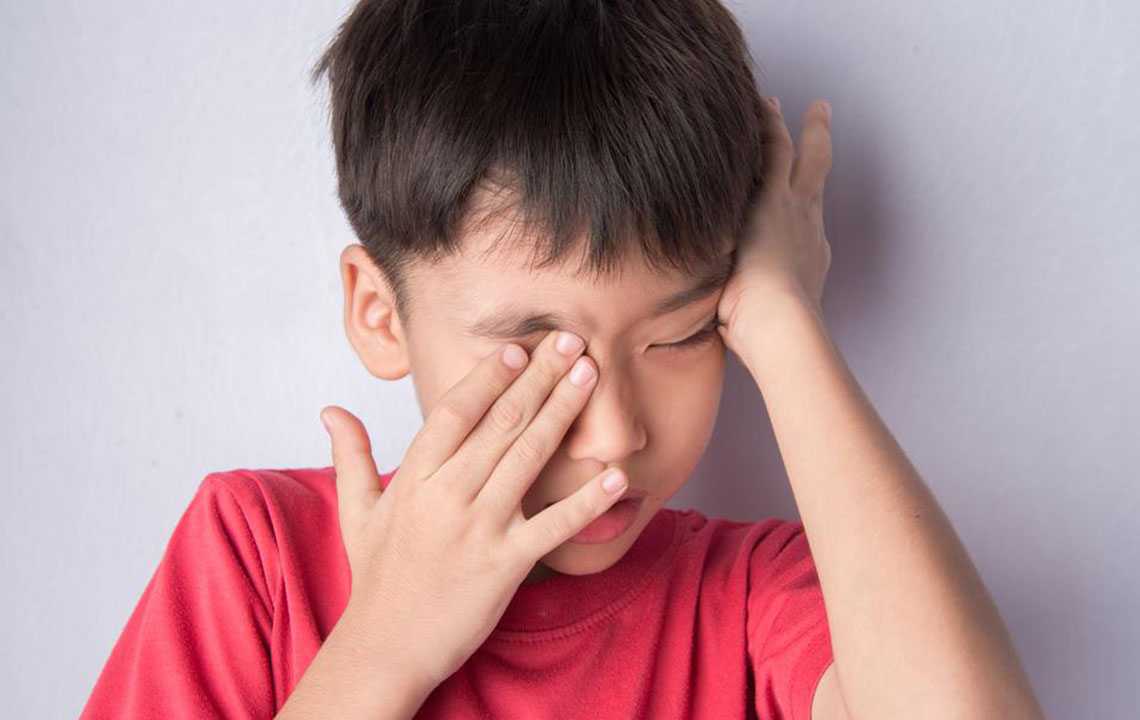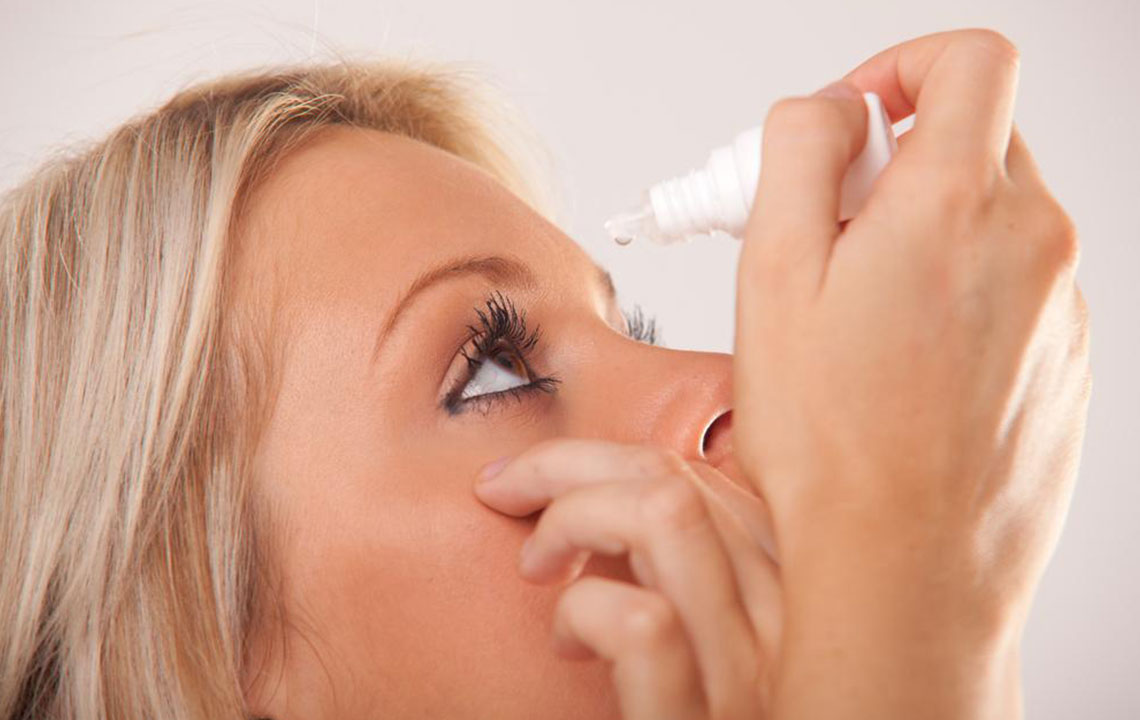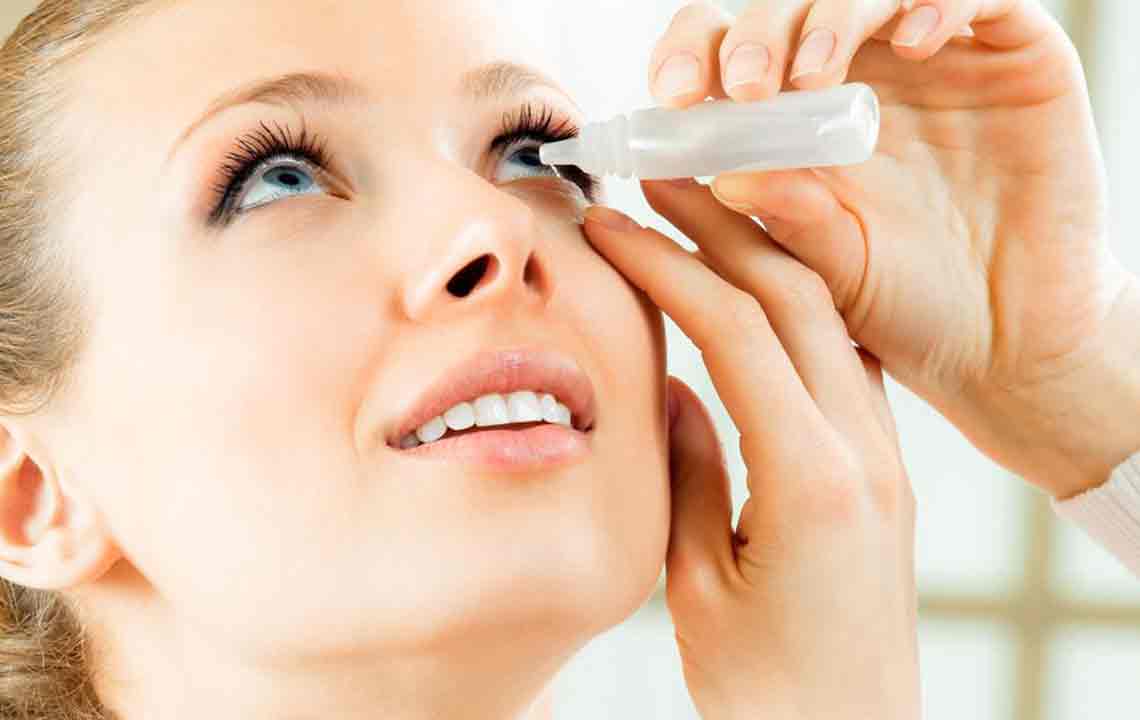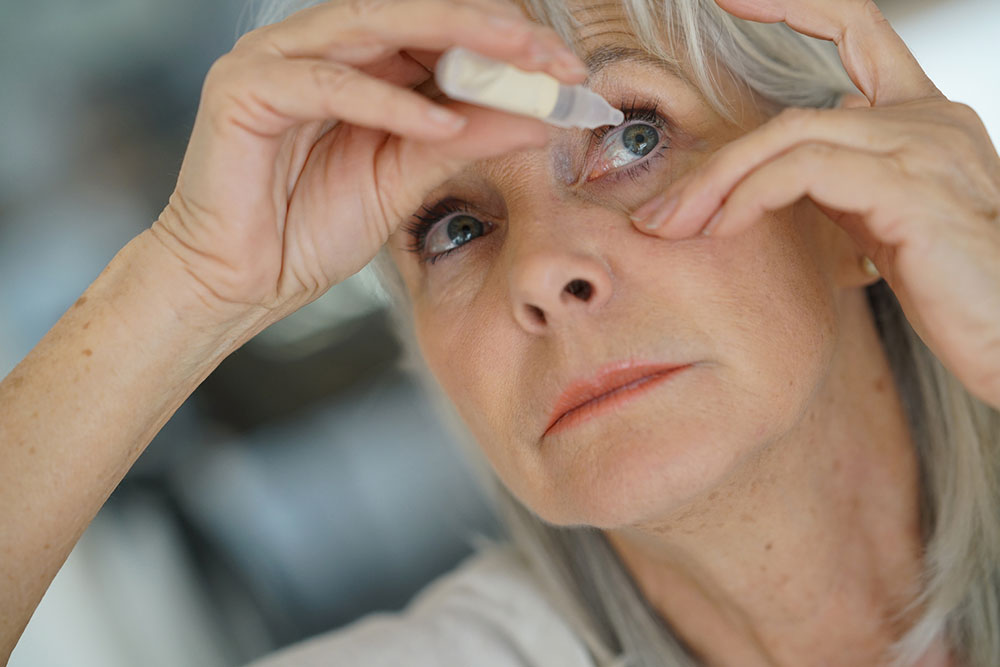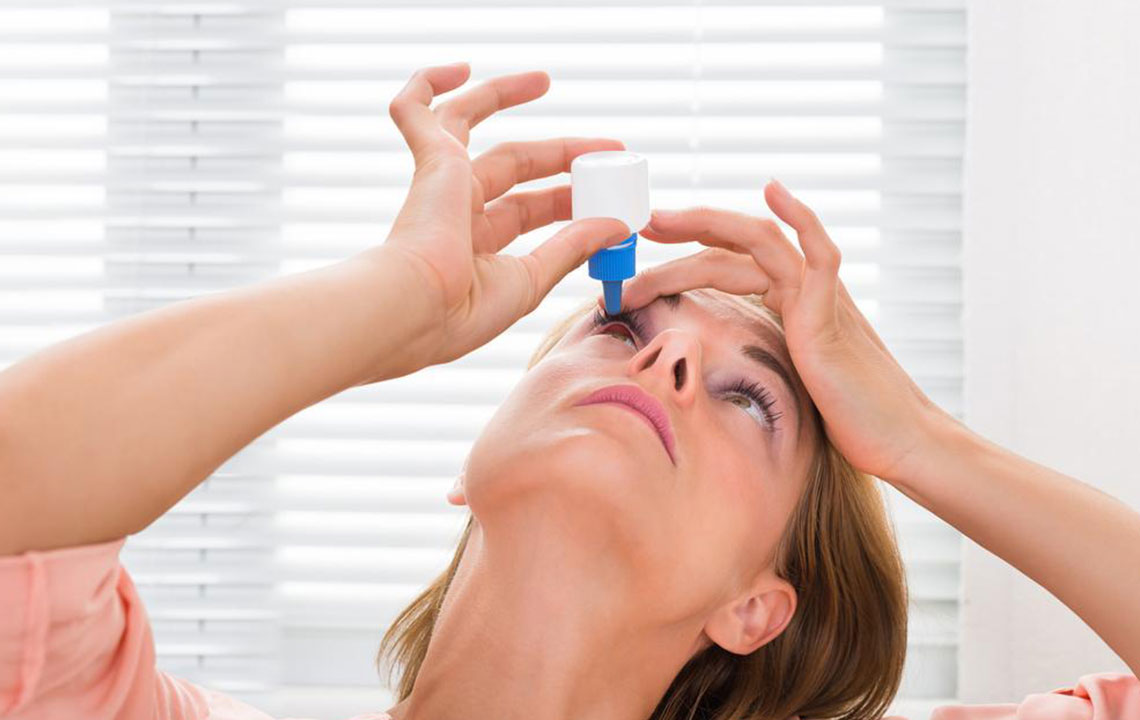Nighttime Dryness and Itching in Eyes: Causes, Symptoms, and Solutions
Nighttime dry, itchy eyes can significantly disrupt sleep and daily life. Common causes include allergies, eye strain from device use, and infections. Symptoms such as burning, redness, blurred vision, and soreness indicate the need for treatment. Management options include prescribed eye drops, gels, or antibiotics if infection is present. Early intervention from an eye care professional helps prevent complications and ensures proper eye health. Recognizing symptoms and seeking timely medical advice are essential for relief and long-term eye well-being.
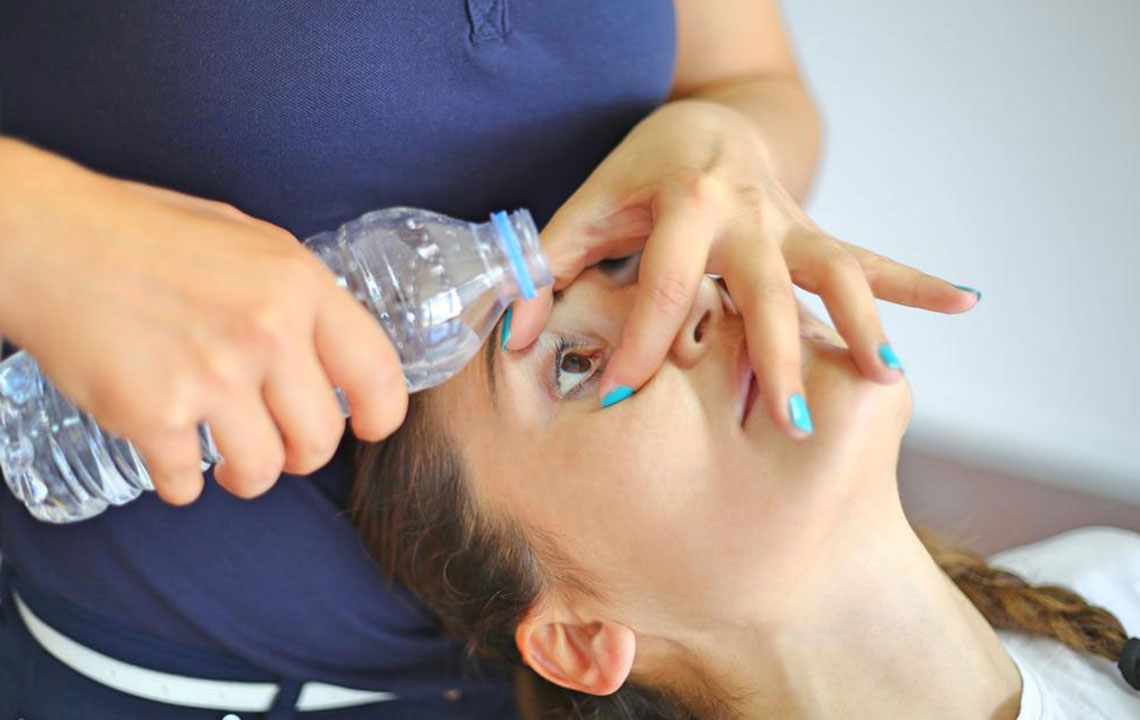
Nighttime Dryness and Itching in Eyes: Causes, Symptoms, and Solutions
Experiencing dryness and itching in the eyes at night is a common issue many people face at some point. This discomfort can disrupt sleep and become quite bothersome. If you deal with persistent dry eyes, it’s important to explore effective treatments to ease the symptoms and prevent complications.
What causes dry, itchy eyes at night?
Identifying the root cause is key to finding the right relief options.
Allergic reactions to pollen, smoke, perfumes, cosmetics, or soaps can cause dry, itchy eyes.
Intense eye strain from prolonged computer use during the day can lead to dryness and irritation at night.
Infections may also contribute to these symptoms.
Signs and symptoms:
Symptoms indicating the need for treatment include:
Burning sensation in the eyes during nighttime
Persistent itching and discomfort
Eye pain or soreness
Feeling of heaviness or fatigue
Dryness that worsens after a day’s work
Blurred vision in advanced stages
Light sensitivity
Redness and continuous itching
Appropriate treatments:
Doctors often recommend eye drops or gels to provide relief from dryness and itching. For bacterial infections, antibiotics may be prescribed. Since eyes are delicate, timely consultation with an eye specialist is essential to avoid long-term issues.
Note:
This article provides general information on symptoms and treatments related to eye dryness and itching. It should not replace professional medical advice. Always consult a licensed healthcare provider for an accurate diagnosis and personalized treatment plan.

